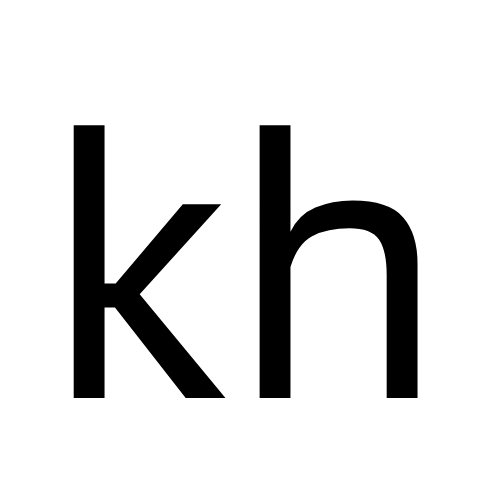The Nature of Fear and Love
Fear and love are the backbone of storytelling. Fear interests me. It’s not the same as being afraid. Bravery, after all, is feeling fear and taking action anyway. The hero story is our roadmap for existing, and surviving, in a fear-based world.
Let’s pause and really think about that. Warrior Kings and Mentors keep their attention on the horizon, hoping to see danger before it arrives. Our survival depends on this early warning. It is our human ability to feel fear that gives us a fighting chance.
On a personal level, potential heroes wake up one day and face the fact that they are mortal. All around us, and especially in the unknown, there are dangers that can end our lives at any moment. The reason we are able to get out of the house and take some risks is that we learn we can control our feelings and take actions to increase our odds of survival. We can develop skills (through tests), we can gather knowledge (by knowing our enemy and the factors needed for success), and we can enlist allies in a shared cause. Heroes learn to activate the power to assert their will, even against resistance, be that objective obstacles or human competition, in these and other ways.
Heroes have this marvellous confidence in their ability to face their mortality by controlling their feelings and taking actions that shape their best outcomes. They make a plan and the drive towards their goal. None us have to accept being pushed around, the story tells us. We can be heroes, and push back.
Love is quite a different story. It is requires another kind of individuation. The Virgin journey takes us inward to know who we are, separate from what everyone else expects from us. We give value to our own opinion, and bring that to life. While heroes gain the ability to risk death, the virgin learns how to become fully alive.
Virgin is an interesting word. It once meant to know you are of value just for being yourself. This meaning survives when we say “virgin forest”. This forest is recognized for its natural beauty and authenticity. It is the counterpoint to recognizing the potential monetary value in a forest due to the ways it can be used. The word virgin has come to commonly mean sexual inexperience. This became vogue when women’s reproductivity became a commodity in the transference (inheritance) of wealth. This is a type of virgin journey many women still face (An Education, I Am Love). All humans face some form of virgin’s journey as they awaken to who they are separate from what others expect from them. It is a journey we do many times in a lifetime because all around us are messages telling us who we are and what we should believe. We have a natural impulse to want to connect, to belong, to feel loved. This results in us going along to get along (Working Girl), being asleep (Legally Blond, 40 Year Old Virgin) or numb (Fight Club) to our authentic selves and it blocks us from unconditional love (Billy Elliot, Joker), authenticity (Black Swan, Moonlight), healing (Blue Jay) and revealing our individual talents (Whale Rider). This is the richness of virgin stories.
And this is the power of love. It comes from knowing ourselves, being ourselves, and supporting others in doing the same. Instead of an external focus, the landscape that grips our attention is our internal world. We discover all our feelings, beliefs, and connections to what is meaningful. It is a process of awakening through exploration of our childhood experiences still informing our actions today, the meanings behind the metaphors all around us, that patterns in our behaviour that hold messages about our limiting beliefs, and the physical ailments and yearnings that are trying to grab our attention through the language of our bodies.
Hero stories and Virgin stories teach us the very nature of fear and love. Their ability to equip us to face the journeys in our own lives is the truly remarkable thing about being a story teller.


